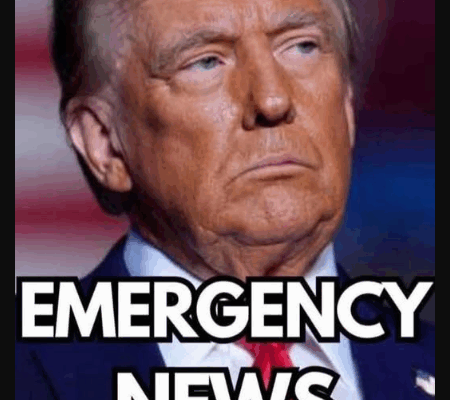President Donald Trump’s recent executive order, presented as a measure to combat anti-Semitism, has sparked significant concern over its broader implications for human rights, particularly its impact on international students and individuals who support the Palestinian cause.
The order authorizes the deportation of international students who take part in protests deemed anti-Israel, raising serious questions about its alignment with core democratic principles such as free speech and the right to peaceful assembly.
Rather than addressing anti-Semitism in a constructive and meaningful way, the policy appears to conflate criticism of Israeli government policies with hatred toward Jewish people.
Critics argue that this move is part of a wider strategy aimed at silencing dissent against Israel and suppressing legitimate political activism. By using immigration laws as a tool to intimidate and penalize those who speak out in favor of Palestinian rights, the administration sends a chilling message that political expression—especially when it challenges U.S. foreign policy—is unwelcome and punishable. For international students, this creates an environment of fear and uncertainty, where attending a peaceful protest could lead to severe consequences such as visa revocation and deportation.
This not only disrupts academic progress but also erodes the trust and safety that educational institutions should provide. The executive order has also raised alarms among human rights organizations and free speech advocates, who view it as a dangerous precedent that weaponizes immigration enforcement to target political beliefs. It risks undermining the fundamental values of a free and open society by discouraging dialogue and marginalizing dissenting opinions. Moreover, the policy’s attempt to equate criticism of Israel with anti-Semitism oversimplifies a complex issue and diverts attention from real acts of hatred and discrimination. Instead of fostering understanding or combating prejudice, it risks further polarizing public discourse. Ultimately, this order threatens not only the rights of international students but also the broader principles of academic freedom, democratic debate, and peaceful protest. It highlights the urgent need for policies that uphold civil liberties and protect individuals’ right to voice their opinions—regardless of their nationality or political stance—without fear of retaliation.
